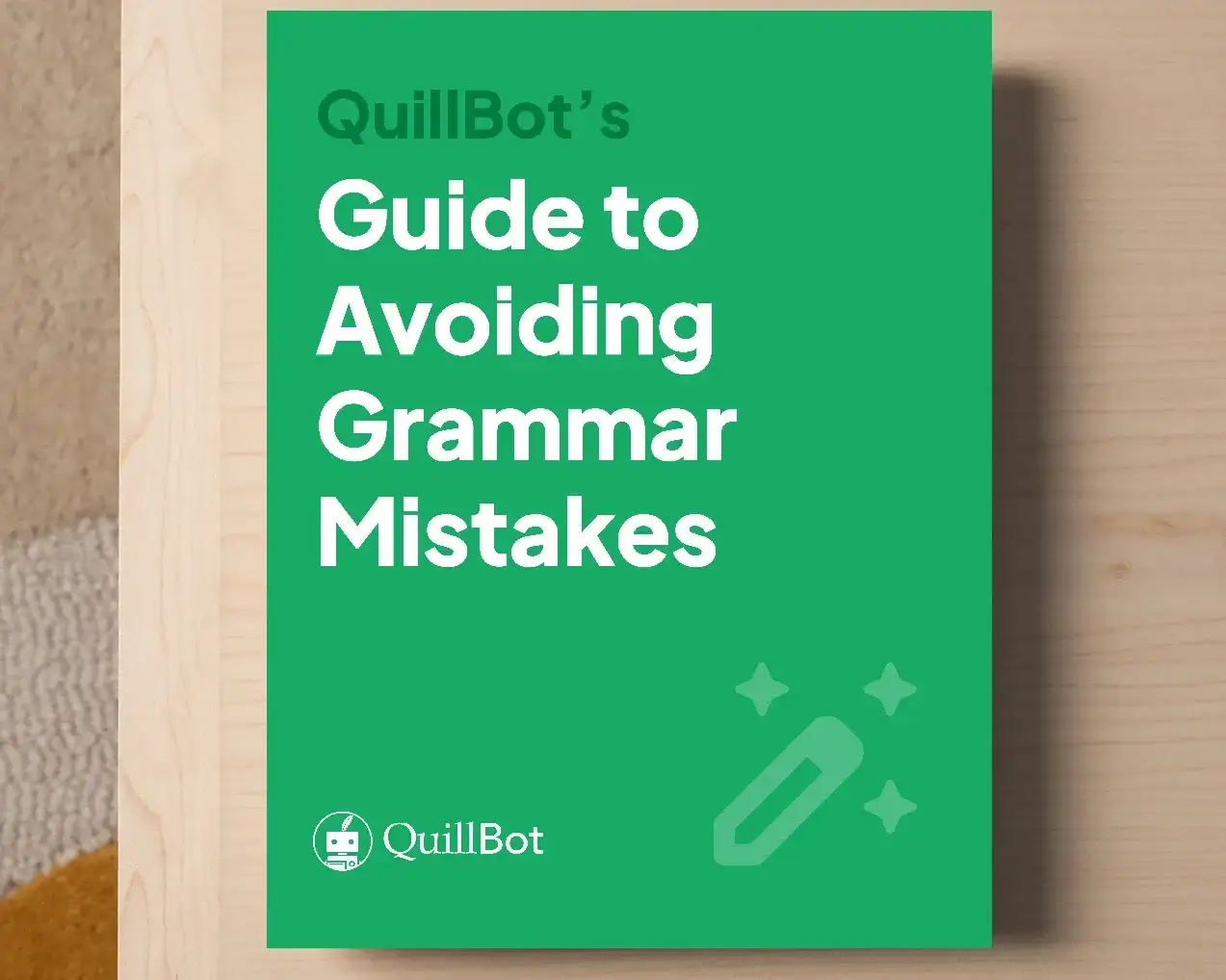The past participle of dive is “dived” (e.g., “Have you ever dived in Florida?”).
The past tense of dive is “dove” or “dived” in American English and “dived” in British English.
Use QuillBot’s free Grammar Checker to help you correct mistakes with tricky verbs like “dive.”
Read this FAQ: What is the past participle of dive?
The past tense of scuba dive is “scuba dove” or “scuba dived” because the past tense of dive is “dove” or “dived.”
However, the verb “scuba dive” is not typically used in the simple past tense. You normally use the phrase “go scuba diving” (e.g., “We went scuba diving there on vacation last year”).
QuillBot’s free Grammar Checker helps you to pick up mistakes with tricky verbs like “dive.”
Read this FAQ: What is the past tense of scuba dive?
You can use dived or dove as the simple past tense of dive in American English (e.g., “We dove/dived on our vacation last year”).
QuillBot’s free Grammar Checker will help you to use the correct past tense verb forms in your writing.
Read this FAQ: Is it dived or dove?
The word ate is the simple past tense of eat (e.g., “He got up and ate a quick breakfast”).
The verb “eat” is an irregular verb, and you don’t form its simple past tense or past participle forms by adding “-ed” to the infinitive form.
QuillBot’s free Grammar Checker can help you use irregular verbs like “eat” correctly in your writing.
Read this FAQ: What does ate mean?
The past participle of eat is “eaten.” Because “eat” is an irregular verb, its past participle is not formed by adding “-ed.”
The simple past tense of eat is “ate” (e.g., “She didn’t have time for breakfast and ate a banana when she got to work”)
QuillBot’s free Grammar Checker can help you use past participles correctly.
Read this FAQ: What is the past participle of eat?
It is have you eaten, not have you ate (e.g., “Are you hungry, or have you already eaten?”) because “eaten” is the past participle of the irregular verb “eat.”
“Ate” is the past tense of eat (i.e., the simple past tense form for sentences like “We ate at home before we set off”).
QuillBot’s free Grammar Checker will check your texts for verb conjugation errors like “have you ate” instead of “have you eaten.”
Read this FAQ: Is it have you eaten or ate?
No, runned is not a word. “Run” is an irregular verb.
- The past participle form is the same as the infinitive (e.g., “Have you run all the way here?”)
- The simple past tense form is different to the infinitive, but the only change is a single altered vowel sound (e.g., “I ran all the way there but she had already left”)
This is the same conjugation pattern as the verbs “come” and “become.”
Read this FAQ: Is runned a word?
It is was run and “were run,” not was ran or “were ran” (e.g., “The store was run by two brothers,” “Both stores were run by the same family”) because you need the past participle form “run” (not “ran”) in the passive voice.
QuillBot’s Grammar Checker extension for Chrome will check your texts for incorrect passive voice forms like “was ran” instead of “was run.”
Read this FAQ: Is it was run or was ran?
It can be ran or run because they are both forms of the irregular verb “run.”
“Ran” is the past tense of run (i.e., the simple past tense form for sentences like “Yesterday, I ran for the bus”).
“Run” is the past participle form of “run” (for sentences like “I have run here all the way from school” and “The restaurant was run by my grandparents”).
QuillBot’s Grammar Checker extension for Chrome will help you choose the right verb forms for irregular verbs like “run.”
Read this FAQ: Is it ran or run?
It is have run and “has run,” not have ran or “has ran” (e.g., “I have run,” “She has run”) because “run” is the past participle of the irregular verb “run.”
“Ran” is the past tense of run (i.e., the simple past tense form for sentences like “Last year, I ran in the London Marathon”).
QuillBot’s Grammar Checker extension for Chrome will check your texts for verb conjugation errors like “have ran” instead of “have run.”
Read this FAQ: Is it have run or have ran?
